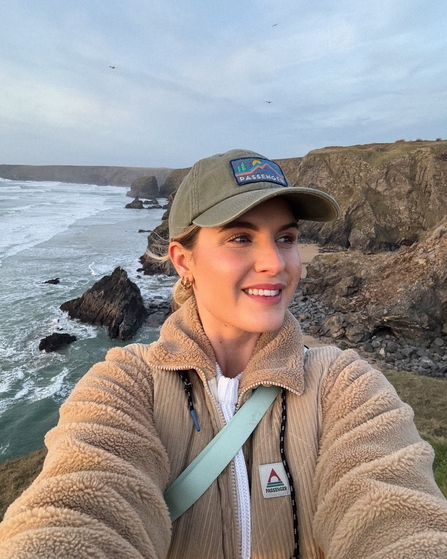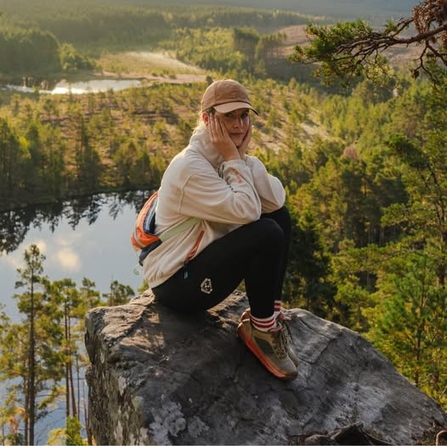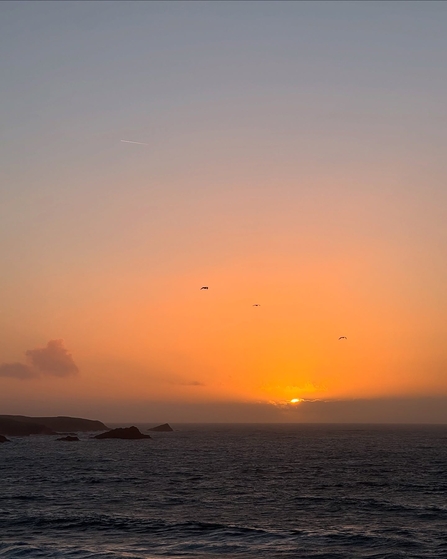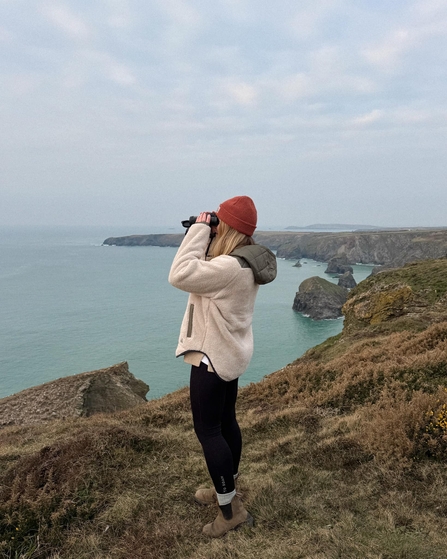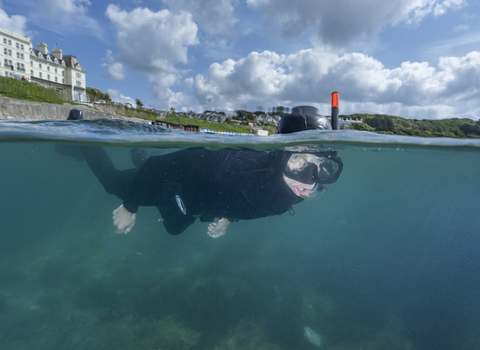A Life Shaped by the Wild: My Journey with Nature in Cornwall
In conversation with Lydia Cooke, we explore her deep connection to the nature and the wild places that have shaped her life. From childhood memories on the Jurassic Coast to unforgettable wildlife encounters in Cornwall, Lydia shares how nature continues to inspire her, ground her, and guide her hopes for the future of Cornwall’s landscapes.


